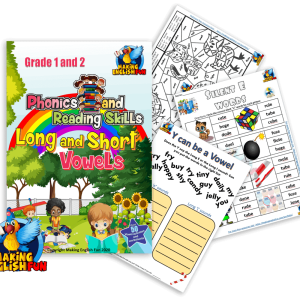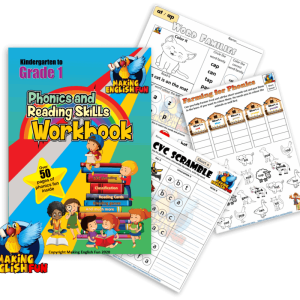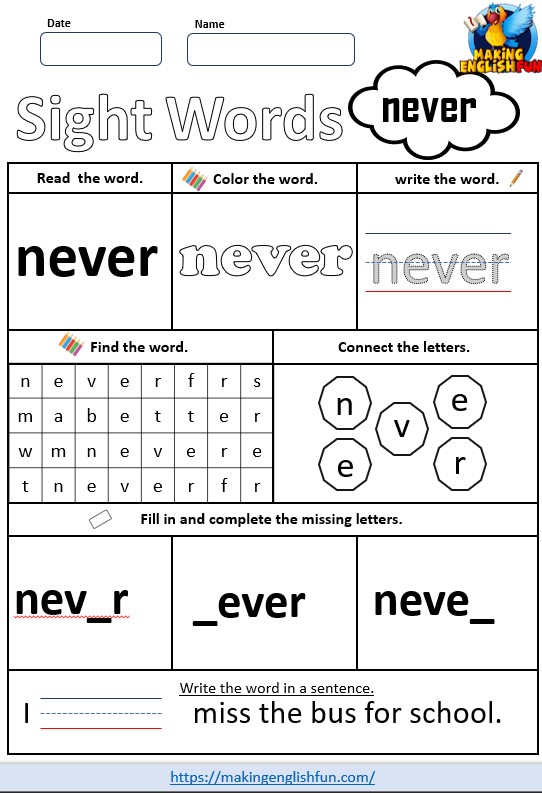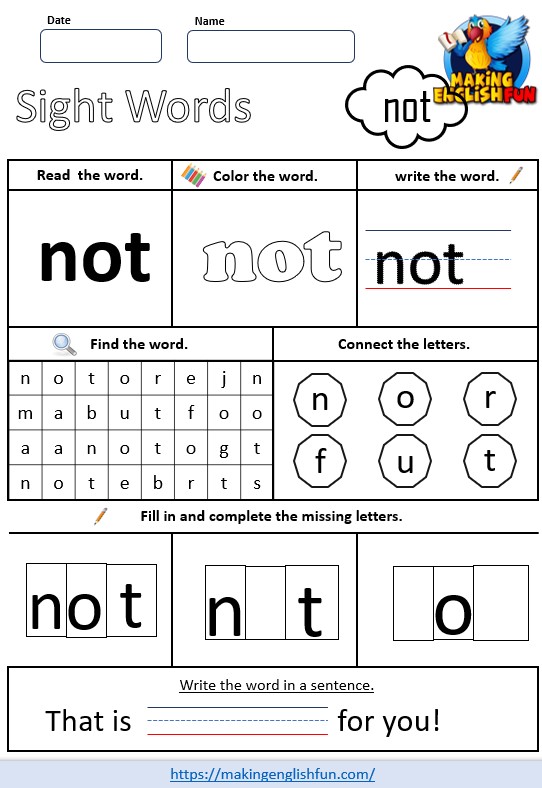How Can Phonics Improve Spelling?
This question is highly debated among teachers and educational researchers alike. The purpose of phonics is to teach children the smaller units of speech and language so they can grasp reading much more easily. Proponents of this program sing the praises of phonological and phonemic awareness and graphemic connection. On the other hand, opponents question the validity considering all of the pronunciation exceptions in English.
English is different than other languages. It has jokingly been called three languages in a trench coat pretending to be one language. While this may have been a Twitter user’s take, but it is not far from the truth. English is an amalgamation of several other languages. It tends to borrow from other languages and roots. However, this does not mean that phonics cannot be helpful. Children are capable of understanding the exceptions and differences in sounds and phonemes when instructed and phonics as well as general instruction of English provides ample opportunity to provide those exceptions and rules in a constructive and scaffolded way.
Developing phonological skills can have positive impacts on students spelling abilities. It develops the ability to use their knowledge of phonics into written form. Students learn decoding skills in partnership with rote learning skills that enable them to tackle both familiar and unfamiliar spelling rules.
It is not a catch all, with English nothign ever is, but the mistakes they make as they learn are all valuable practice of skills that will be used for the rest of their academic life and beyond.
English is three languages in a trench coat pretending to be one language
ANON – TWITTER

How Can Phonics Help With Spelling?
Spelling instruction can be a challenge for young children. None the less, students can combine spelling and phonics instruction. Children will naturally spell in the way that they hear. For example, a child may spell mouse “mows” or ‘mowz” before they know anything about phonics or spelling. They know some basics about spelling through reading with teachers, parents, or siblings. Because they have learned some words by sight and already begun learning to spell, they may often spell nearly phonetically anyway. Teaching phonics can improve spelling and help them “sound” out words more efficiently.
Relying heavily on phonics when some English words do not work phonetically, such as knife, wives, giraffe, or muscle, might be the mistake. Megan Dixon argues that spelling errors are more common when students are taught phonics instead of spelling. Students do not learn to spell correctly in phonics, according to her article on TES[1]. This can be true, but some spelling patterns can be taught through phonics. As a matter of fact, Reading Horizons argues, “While there are exceptions, the majority of our words prove phonetically — actually, around 84 percent. And that percentage is mostly if the words are spelled on sound-symbol correspondences alone.”[2] With such a large quantity of words following phonetic structure, one would wonder why phonetic education might be such a controversial subject.

How to Use Phonics in Spelling Instruction
Basic phonics can easily be used in spelling instruction. Parents and teachers have been encouraging children to “sound out” words for decades. This is essentially basic phonics education. However, many schools stop phonics education with simple phonetic associations with graphemes. Phonological awareness moves far beyond simple phonemic awareness. Phonological awareness includes rhyming, hard and soft sounds, beginning and ending sounds, and other sounds that are deeper than simple letter to sound associations. We have resources on all of these Phonetic skills as more.
- Rhyming skills and minimal pairs help teach spelling rules
- Hard and soft sounds rules also can help differentiating spelling
- phonics rules like silent E introduce patterns that can help with spelling.
Reading Horizons additionally makes the point, “Morphological knowledge is about the root words and relationships among words. If students know the spelling for the root word, then spelling the derivations is much easier.”[3] When students know how words are formed and the spelling patterns for them, they often develop stronger spelling instincts. Sometimes similar words with similar-sounding roots are actually from different languages or bases and have different spelling patterns because of their origin. However, word knowledge can be more valuable to students than simply teaching phonics or spelling patterns, especially in English.
Nevertheless, teaching word origins or morphology of words cannot occur without phonetic instruction. To understand spelling patterns, we must understand what the combinations and groupings of words do. There are exceptions, but as noted earlier, these are not as prevalent as they might seem. This leads us, at least here, to conclude that phonics is in fact a valuable spelling tool for learners.
We have hundreds and hundreds of resources aimed at teaching Phonics and spelling / reading skills on this site. It is the reason for our existence. If you need some ideas or free resources just click the links in this passage. We also have a shop with workbooks that go into more depth with ideas, worksheets, apps and activities in easy to use packages.
Why Not Use Spell Check?
The simple answer to this question is that autocorrect fails have entire websites because this is not a science. Phonemic abilities are also required for spell check. Spelling a word, so that spell check picks up the right correction means that the writer must understand something about the phonetic or spelling structure. For instance, if I mean to write status but write statues, spell check will not note a problem. This is because statue is a word. Understanding the phonetics behind this word would help me understand which word I need. Likewise, if I spell stachues, the first word on the spell check list is statues. This is because phonetic spelling is often based upon what is heard or accents.
It is also over looked in the race to produce, assess and test that we as teachers are actually there to pass on skills and well as information. The ability to use skills across topics in English, or even more vitally across situations and subjects in school and work is something we really should put more effort in. If we can teach our students that the skills they learn and use are more than something for a test at the end of term, but something that can be used in other school subjects and in their lives out side of the school then we are teaching them to value skills, and retain them for the future. If we can do that we really are fulfilling what out role should be, and not perhaps what Education departments and principals keep trying to turn it into.

Other Ways to Improve Spelling
In addition to using phonetics, spelling patterns, roots, morphological awareness, and exceptions are invaluable to student learning. We have resources to use both free and paid here for you to use. Spelling is challenging for students regardless of what methods you may deploy for teaching. No one program will be perfect. This difficulty is why we need to work closely with students to teach a variety of spelling methods.
We do need to use caution when relying on rote memorization. Often students who study spelling lists and memorize the words find that their knowledge is temporary.
EVERY ENGLISH TEACHER EVER
They forget the spelling later. Students will revert to the previous incorrect spelling when strictly using rote memorization. They also find that they cannot spell the words if presented in alternate orders. While some words may be taught by memorization because they are unique, this should be used with caution. I teach in Hong Kong and unfortunately this is the Modis Operandi here for all spelling. Lists of dictation week after week is all they get and the results are always short term. This is a learn for exam culture not a learn for life one. Try to avoid that trap where ever possible.
Finally
Students need a variety of instruction to become strong spellers, in fact students need a variety of instruction to become strong anything. Spelling can be challenging in English, given exceptions and unusually spelled words. However, these exceptions are few and far between, and students should rely strongly on both phonics and spelling patterns. Just don’t rely on one magic bullet to give you and your students the answer and you and keep your materials and approaches varied, you will soon learn what works best in your classroom.

Hi I’m Marc. A teacher of over 15 years, English, General Studies and Outdoor Education. Thought it was about time to sharing both what I have learnt during that time and the resources I have put together. On this site we aim to teach the theory and share our thoughts, but also go that one step further and give you access to the hard resources you need for your class or for you children
Sources
[1] https://www.tes.com/news/if-you-want-children-learn-spell-teach-them-spelling-not-phonics
[2] https://www.readinghorizons.com/reading-strategies/teaching/phonics-instruction/is-phonics-for-spelling-foundational
[3] https://www.readinghorizons.com/reading-strategies/teaching/phonics-instruction/is-phonics-for-spelling-foundational










2 Comments